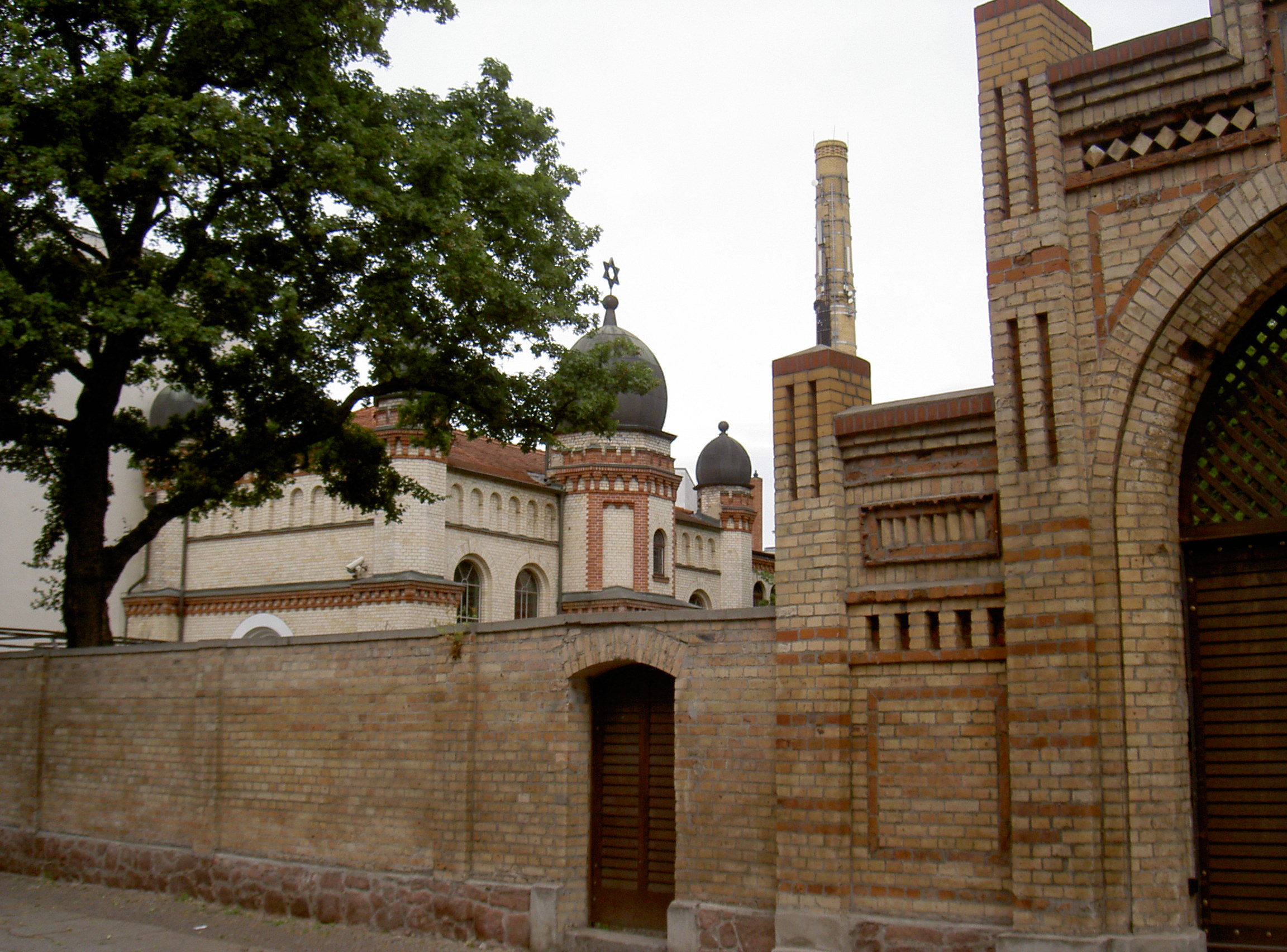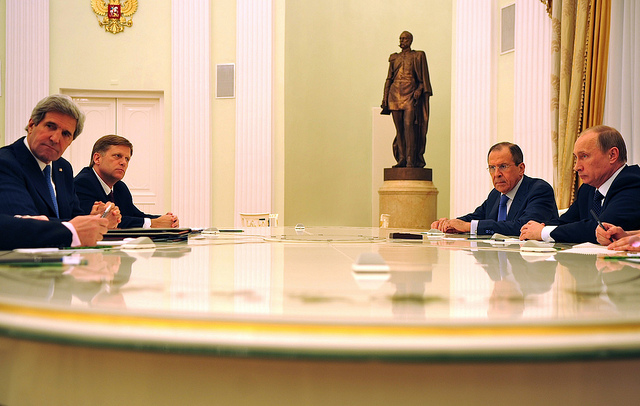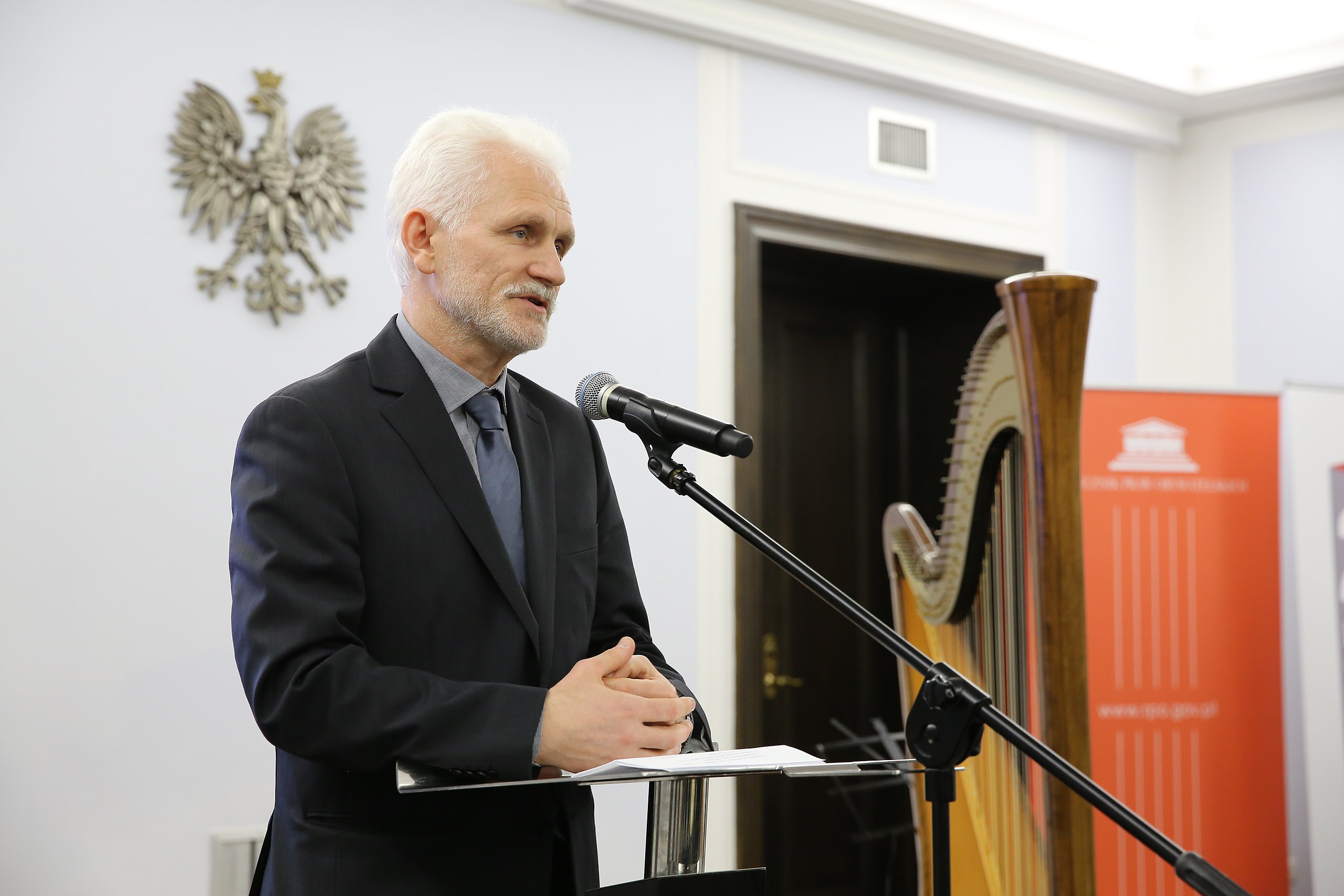Guest post by Anna Meier
In the immediate aftermath of the Oct. 9 attack on a synagogue in Halle, Germany, a member of the German Bundestag, Benjamin Strasser, who is a member of the center-right Free Democratic Party, showed little hesitation in invoking the word “terrorist.” Said Strasser: “We must clarify as quickly as possible which right-wing terrorist structures are responsible for this act,” he wrote on Twitter about four hours after the attack, before the perpetrator’s motive was confirmed.
Although some criticized Strasser for calling the shooter a terrorist before more information was available, politicians are often criticized for not quickly referring to violent acts by white perpetrators as “terrorism.” This is what happened after a similar attack against a synagogue in Pittsburgh, Pennsylvania in October 2018. When do people in positions of power refer to attacks as “terrorism,” and when do they not?
In the US context, research suggests that the press and public are more likely to call an act of violence “terrorism” when the perpetrator is perceived as non-white. Given that politicians were members of the public before they entered politics, it is reasonable to expect that they might exhibit similar biases. In the United States, there are also legal reasons to refrain from calling something “terrorism,” a crime outlined in a confusing collection of federal statutes that make charging someone with domestic terrorism much harder than with international terrorism.
Thus, one might think that some connection between racism and a country’s legal framework will determine when political elites do or do not describe political violence with the term “terrorism.” Yet my research with political elites in Germany suggests a more complex story.
During the summer of 2019, I interviewed German national security bureaucrats, staffers, and other professionals in Berlin. I was interested in how the people who make and execute national security policy thought about terrorism—and what factors shaped their thoughts. I learned that, for Germans, national identity plays a central role in how the threat of terrorism is conceptualized across ideologies.
Take the extreme right. Although Germany has experienced continuous right-wing violence since World War II, national-level concern remains focused on violence of different ideological stripes. Why? “There’s always the idea that right-wing terrorism is new,” one Bundestag staffer told me. “It happens over and over again.” Interviewees also said that left-wing and Islamist violence are viewed as “existential,” and thus more important to combat. “The view is that this terror threatens society as a whole and the foundations of society,” said one interviewee. By contrast, right-wing violence is understood to threaten only a narrow segment of society—namely, racial and ethnic minorities. Moreover, when right-wing attacks occur, they are perceived as the actions of lone wolves, despite increasing recognition that far-right networks are robust both in Germany and transnationally. In this way, right-wing violence is recognized as occurring within German society, but not as being “of” it. Right-wing attacks are viewed as unusual precisely because it is difficult for Germans to imagine terrorist attacks arising from German society itself.
Further evidence of German reluctance to see right-wing violence as terrorism lies in the German criminal code. Largely written following a string of high-profile attacks by the far-left Red Army Faction in the 1970s, German anti-terrorism statutes make it difficult to charge individuals with terrorism unless they are part of a larger cell or network. The assumption that right-wing perpetrators act alone means that legally, they cannot be considered terrorists.
As a result, the law reinforces perceptions that people already have about terrorism—that it is perpetrated by networks of foreigners, “while right-wingers are sometimes referred to as ‘our sons’,” as one interviewee put it. When political violence challenges these preconceived notions, it gets categorized differently—and less severely.
When the nature of a threat is misunderstood, violence becomes much harder to counter. In Germany, viewing right-wing extremists as aberrations rather than serious threats has led to ignorance of the robust network of white supremacists in the military and police forces. In the US, where preliminary research suggests similar dynamics are at play, interviewees say that the public perception of terrorism as an external threat not “of” US society makes discussion of countering white supremacist terrorism a political “non-starter.”
Calling an attack “terrorism” before the perpetrator’s motive emerges, as Strasser did after the Halle shooting, carries weight. Indeed, Strasser’s tweet goes against common assumptions about where terrorism comes from and who is capable of committing it. Elite discourse surrounding terrorism has symbolic importance: it justifies serious policy consequences and signals what violence is considered immoral and unacceptable. Shifts in how elites talk about terrorism, then, could have significant implications for how societies think about violent threats—and how they respond.
Anna Meier is a Ph.D. candidate in the Department of Political Science at the University of Wisconsin–Madison writing a dissertation on how political elites conceptualize terrorism in the United States and Germany.





